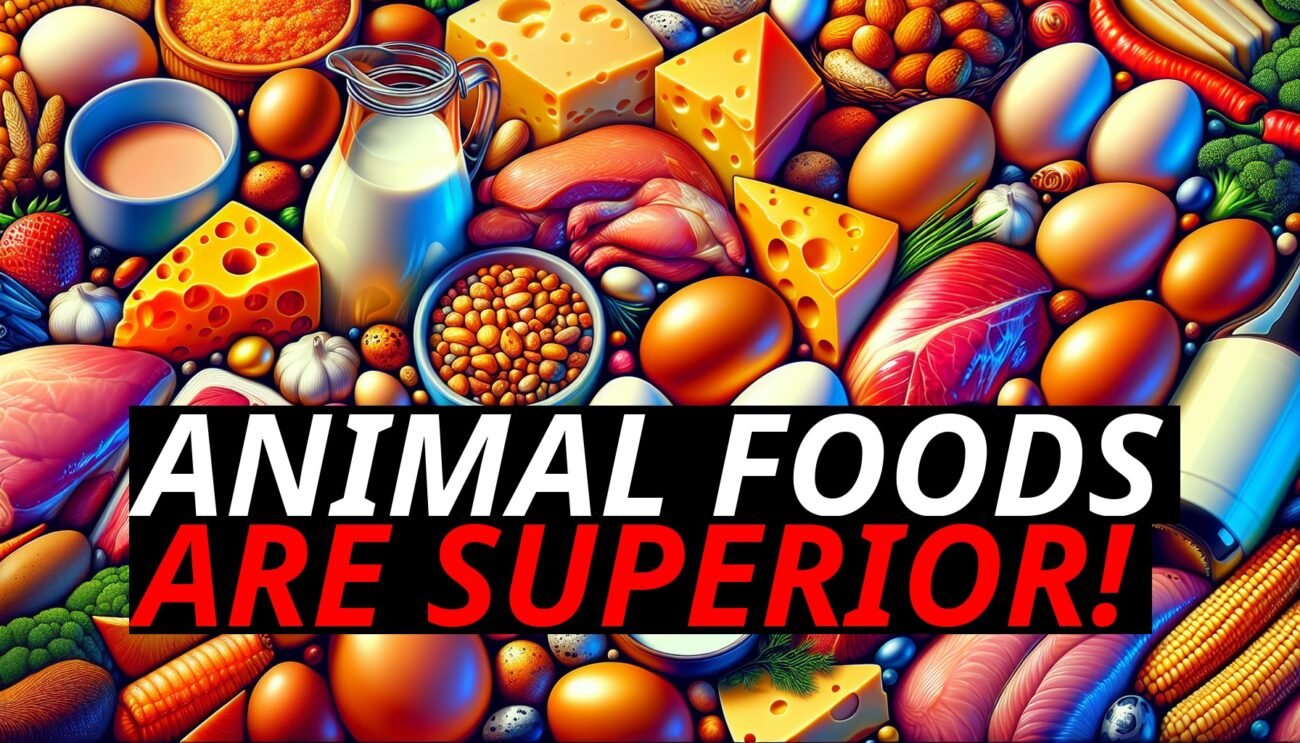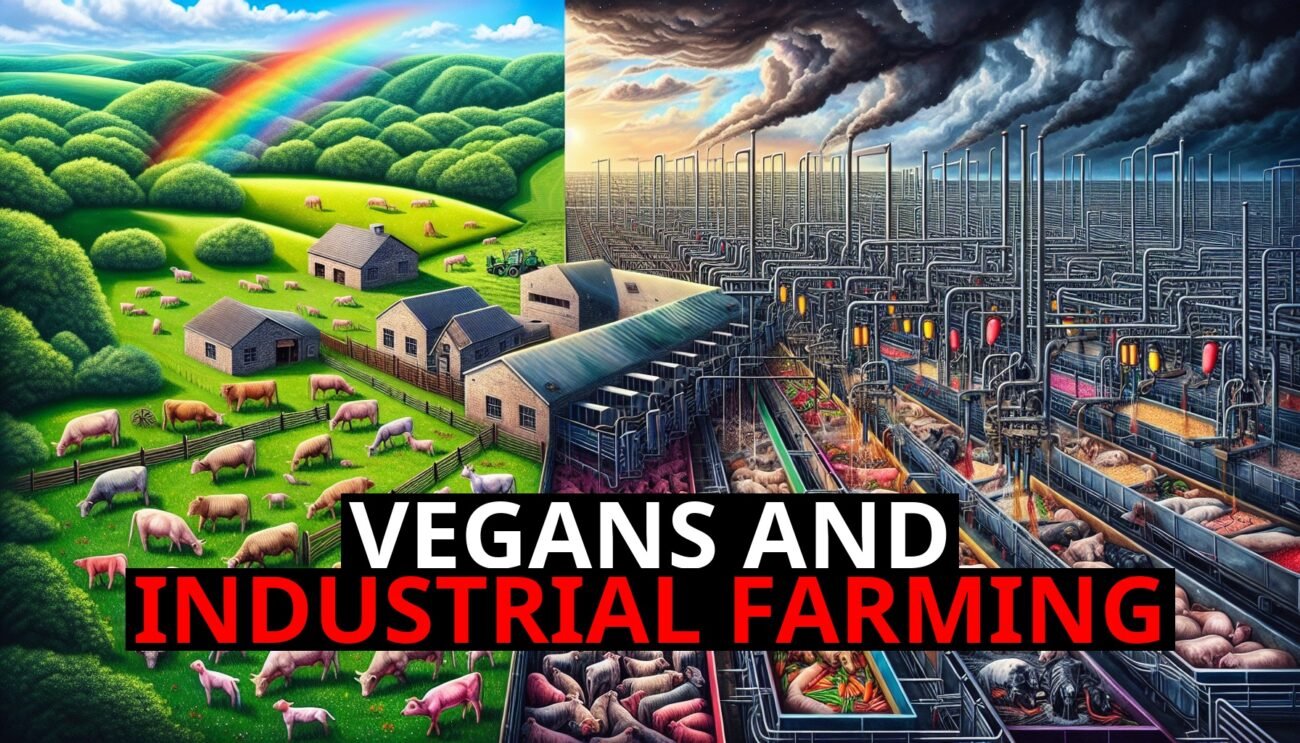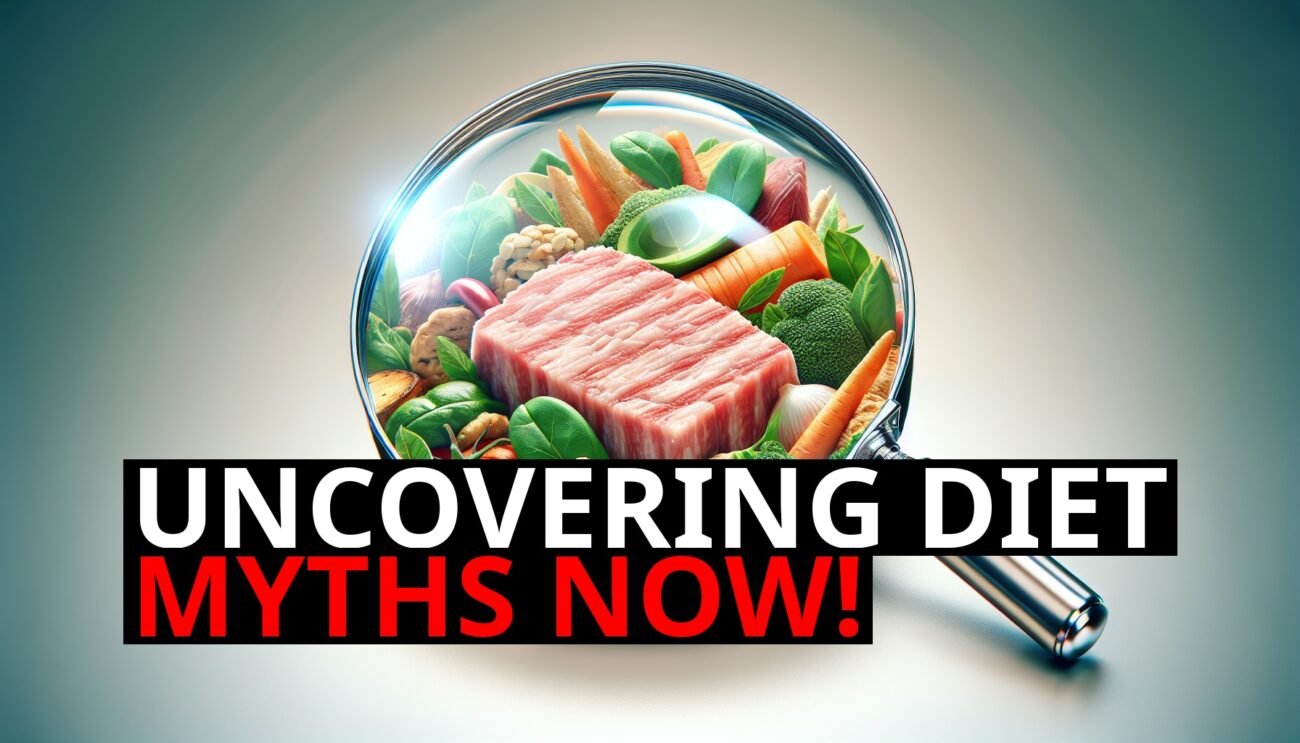Imagine spending years following a plant-based diet, believing you’re doing the best for your body, the environment, and the animals. You cut out all animal products, endure endless green smoothies, and convince yourself you’re on the path to optimal health. But instead of feeling energized and thriving, your body starts to fail you—fatigue, digestive issues, and nutrient deficiencies set in. What do you do when the diet you thought was your salvation becomes the source of your problems? For an increasing number of people, the answer is radical: they’re ditching veganism and embracing the carnivore diet, marking a major nutritional rebellion.
The Vegan Promise: What Goes Wrong?
For years, veganism has been marketed as the ultimate path to health. With promises of weight loss, increased energy, clear skin, and reduced risk of chronic diseases, it’s no wonder many people—especially those concerned about animal welfare—turn to plant-based eating.
But for a growing number of former vegans, the reality falls short of the promise. After the initial honeymoon phase, where they might experience a temporary boost from cutting out processed junk, many vegans start to experience health issues that worsen over time. These often include:
- Nutrient deficiencies (especially B12, iron, omega-3s, and zinc)
- Chronic fatigue and low energy
- Digestive problems such as bloating, gas, and IBS
- Joint pain and muscle weakness
- Mental fog and mood swings
Despite trying every trick in the vegan book—supplements, protein powders, superfoods, and more—some vegans find that their health keeps declining. Eventually, the truth becomes unavoidable: plant-based eating isn’t working for them.
The Turn To Carnivore: From Plants To Meat
So, what leads ex-vegans to make such a drastic switch to the carnivore diet? It’s a huge leap, going from no animal products at all to eating only meat and animal-based foods, but for many, it’s a last-ditch effort to regain their health. After exhausting all options within veganism, they realize that they’re missing the very nutrients that are most easily obtained from animal products.
Here’s what often motivates the switch:
- Complete proteins: While plant-based proteins are incomplete and require careful combinations, meat provides all the essential amino acids in one package.
- Bioavailable nutrients: Nutrients like B12, iron, and omega-3s are far more easily absorbed from animal sources than from plants or supplements.
- Simplicity: The carnivore diet eliminates the need to micromanage food intake, supplements, and food combinations. It’s a return to the basics of human nutrition—just eat animal products and let your body heal.
For many ex-vegans, the shift is both physical and psychological. The idea of eating meat after years of avoiding it can be emotionally challenging, but the results often speak for themselves. Within weeks of switching to a carnivore diet, people report dramatic improvements in energy levels, mental clarity, digestion, and overall well-being.
The Health Benefits Ex-Vegans Are Seeing
One of the most striking things about ex-vegans who turn carnivore is how quickly their health improves. Many report immediate relief from symptoms that plagued them for years on a plant-based diet. These benefits include:
- Restored energy: Without the constant ups and downs of blood sugar crashes from carbs and plant-based sugars, many ex-vegans find they have steady energy throughout the day.
- Improved digestion: With the removal of fiber-heavy plant foods, which can irritate the gut, digestion becomes smoother. Many ex-vegans report the end of bloating, gas, and IBS symptoms.
- Better mental clarity: The brain thrives on fats and cholesterol, which are abundant in a carnivore diet. Ex-vegans often experience clearer thinking and better focus after reintroducing animal fats.
- Reversal of nutrient deficiencies: By eating meat, eggs, and fish, ex-vegans can replenish the essential vitamins and minerals they were missing, leading to improved mood, stronger immune function, and better physical performance.
These results challenge the long-held belief that plant-based diets are superior for health. For ex-vegans, the carnivore diet is more than just a way to regain lost nutrients—it’s a path to feeling their best, often for the first time in years.
Why This Shift Is Growing
The growing number of ex-vegans turning to carnivore isn’t just a random trend. It reflects a deeper questioning of mainstream nutritional advice and the gaps in the plant-based narrative. Many people who adopted veganism did so because they believed it was the healthiest choice, but as more ex-vegans share their stories, it’s clear that for some, veganism is not sustainable in the long run.
Here’s why this shift is picking up steam:
- Health over ideology: While many vegans are motivated by ethical concerns, health becomes the priority when someone’s body starts breaking down. Ex-vegans realize that their health must come first, even if it means eating animal products.
- Dissatisfaction with supplements: Many vegans rely heavily on supplements to fill the nutritional gaps in their diet. Ex-vegans often grow tired of constantly needing pills and powders to stay afloat and embrace the simplicity of getting everything they need from whole, natural foods.
- Real-world results: The carnivore diet delivers real, tangible results that are hard to ignore. When ex-vegans see their energy come back, their digestion improve, and their mood stabilize, the decision to leave veganism behind is validated.
What This Means For The Future Of Nutrition
As more ex-vegans make the switch to carnivore, it raises important questions about the future of nutrition and the role of plant-based diets in public health. The vegan movement is strong, but it’s clear that veganism doesn’t work for everyone. The rise of ex-vegans turning to carnivore is a wake-up call to rethink the blanket recommendations that plant-based eating is the best path for human health.
At the heart of this growing movement is the realization that bioindividuality matters. What works for one person may not work for another, and for many people, animal foods are not just necessary—they’re vital for optimal health. The carnivore diet’s growing popularity is forcing people to reconsider long-held assumptions about plants, meat, and what it means to eat for true well-being.
Conclusion: A Rebellion For Better Health
The ex-vegan-to-carnivore trend represents a nutritional rebellion—a defiance against conventional wisdom that prioritizes ideology over individual health. For those who have made the switch, carnivore isn’t just a diet; it’s a lifeline. As this movement grows, it will continue to challenge the mainstream narrative, pushing for a more honest conversation about what truly nourishes the human body.













